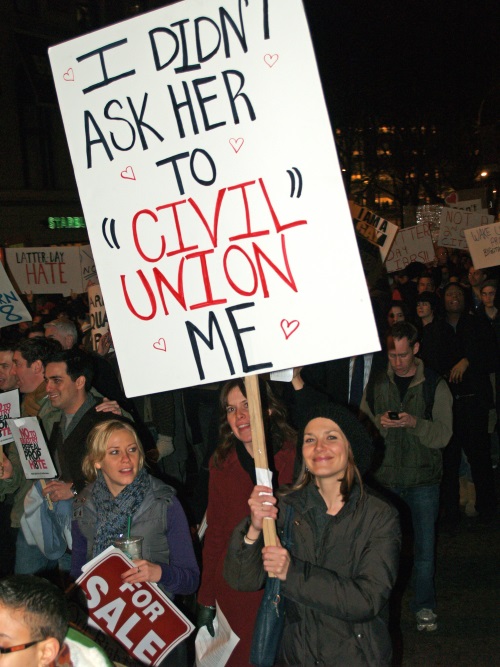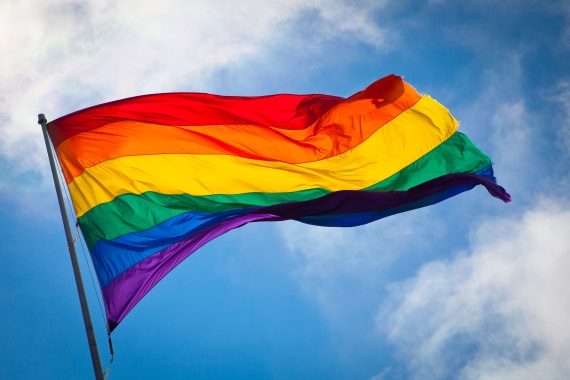In our EU politics series Gerry Callaghan looks at a report that shows there is much work to be done to stop discrimination.
Over the last ten to fifteen years, Europe, in particular Western Europe, has seen significant advances in national policy regarding tackling discrimination in the pursuit of equality for lesbian, gay, bisexual, trans and intersex (LGBTI) citizens. But, as the results of IGLA-Europe’s annual index show, much more still has to be done to ensure legal protection and, in particular, fight social stigma surrounding the issue in the wider European continent.
In May, the Rainbow Europe Index for 2016 was published. It measures progress in 49 European countries, including the 28 nations of the European Union, on LGBTI equality. Countries are tested against a 52-point criterion that includes legal protections from discrimination in employment and services, measures to tackle hate crime, rights and recognition for transgender, non-binary and intersex people, and equality in family law including same-sex marriage and parenting rights. The results are calculated across regions and presented as a percentile score for each country. Malta tops the list with an impressive 88%, Belgium is in second place with 82% and the UK sits in third with 81%.
Malta’s rise to the top of the Rainbow Europe rankings for the first time is a prime example of standard-setting in action, according to IGLA-Europe. Malta was applauded for its Gender Identity, Gender Expression and Sex Characteristics Act (GIGESC), which went a step further than other EU member states by introducing groundbreaking laws over the past year to protect intersex people – those born with sex characteristics that do not fit into typical notions of female and male bodies. And last April, the country became the first to outlaw non-consensual medical interventions for intersex people.
The UK as a whole sits in third place with 81%, down from top the previous year. But a spokesperson for IGLA-Europe was quick to point out that the reason the UK fell was because two new criteria were introduced in this year’s ranking, rather than a regression in policy. Even within the UK the scores differ drastically between the nations.
 Scotland, when scored on its own merits, has been named the best country in Europe on LGBTI equality and human rights for the second year running. Scotland remains top of the index, measuring an impressive 90%, following the passage of the Scottish Government’s equal marriage legislation last year. Four of the country’s six main political parties are headed by openly gay leaders, prompting the leader of the Scottish Labour party, Kezia Dugdale, to declare Holyrood “the gayest parliament in the world”. The rest of the UK falls slightly behind. Despite Northern Ireland, scoring just 71%, Wales and England scored 82% and 81% respectively, a prime example of the need for better harmonization of equality legislation within Europe.
Scotland, when scored on its own merits, has been named the best country in Europe on LGBTI equality and human rights for the second year running. Scotland remains top of the index, measuring an impressive 90%, following the passage of the Scottish Government’s equal marriage legislation last year. Four of the country’s six main political parties are headed by openly gay leaders, prompting the leader of the Scottish Labour party, Kezia Dugdale, to declare Holyrood “the gayest parliament in the world”. The rest of the UK falls slightly behind. Despite Northern Ireland, scoring just 71%, Wales and England scored 82% and 81% respectively, a prime example of the need for better harmonization of equality legislation within Europe.







